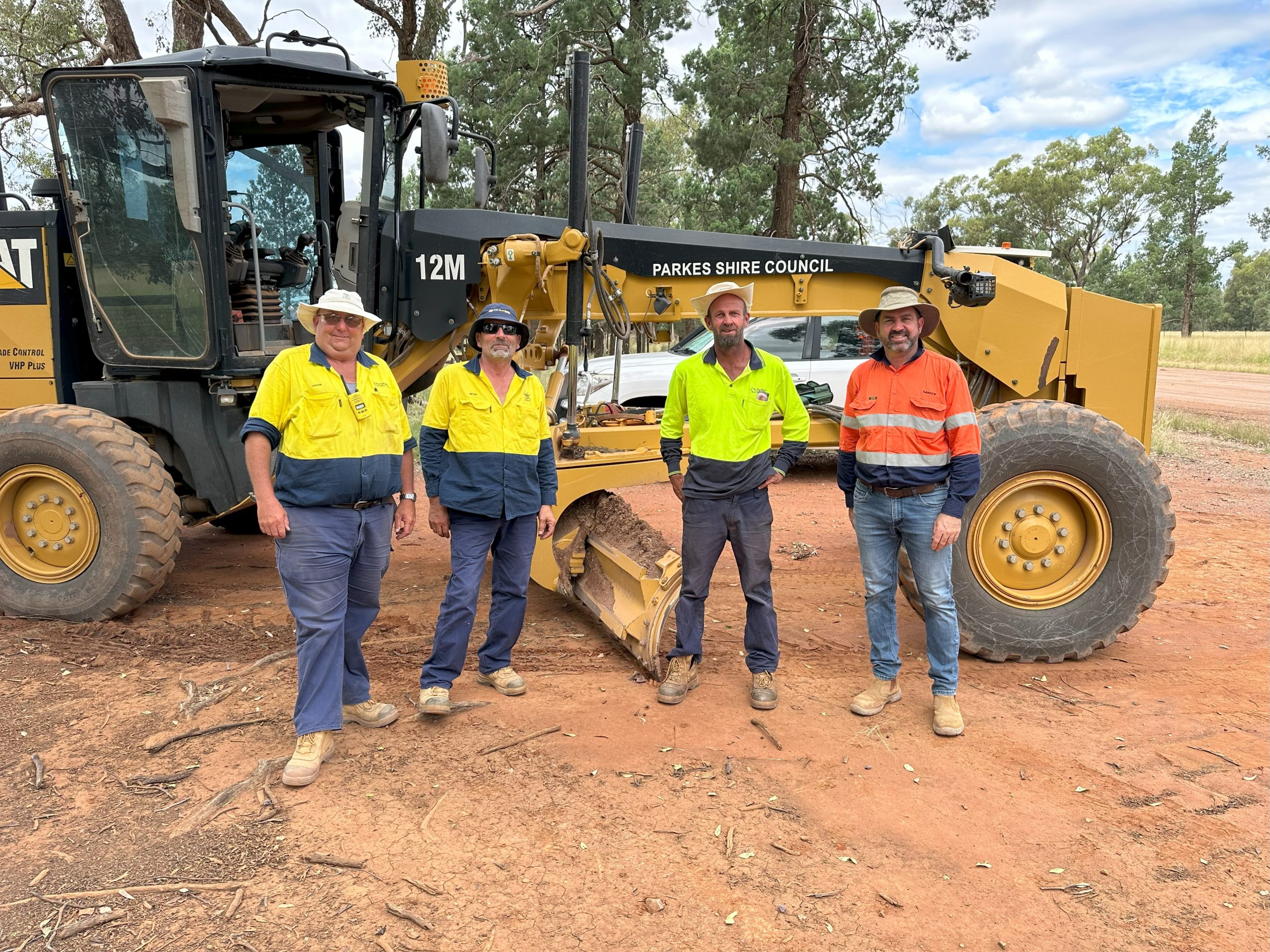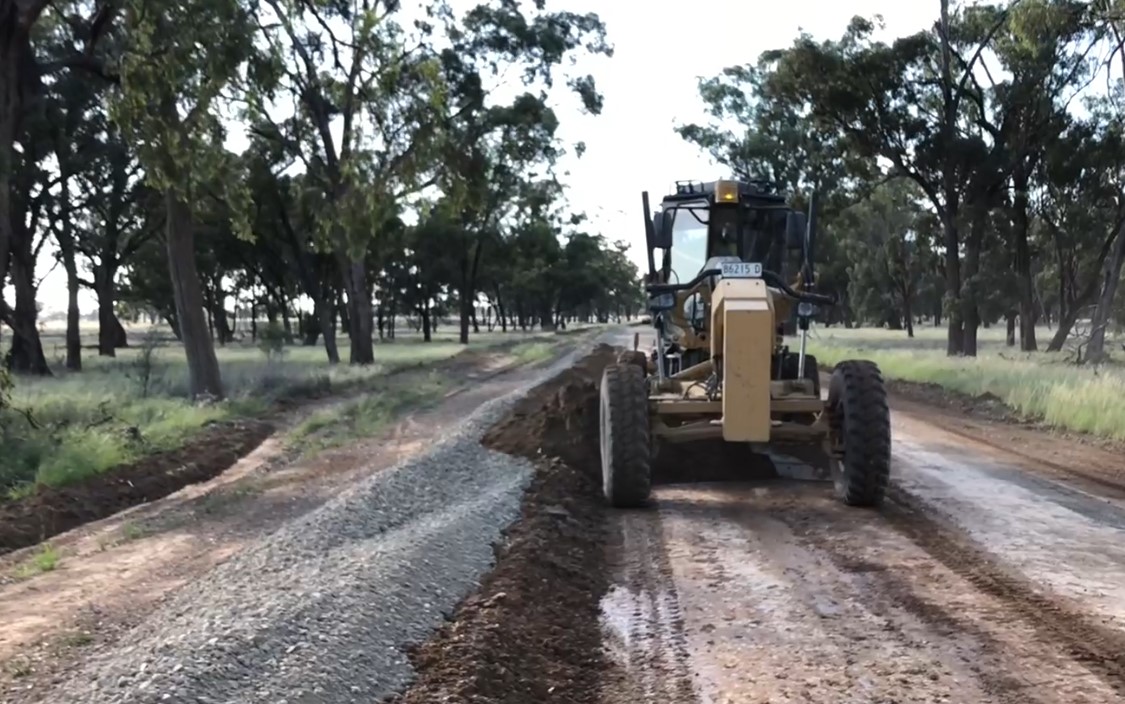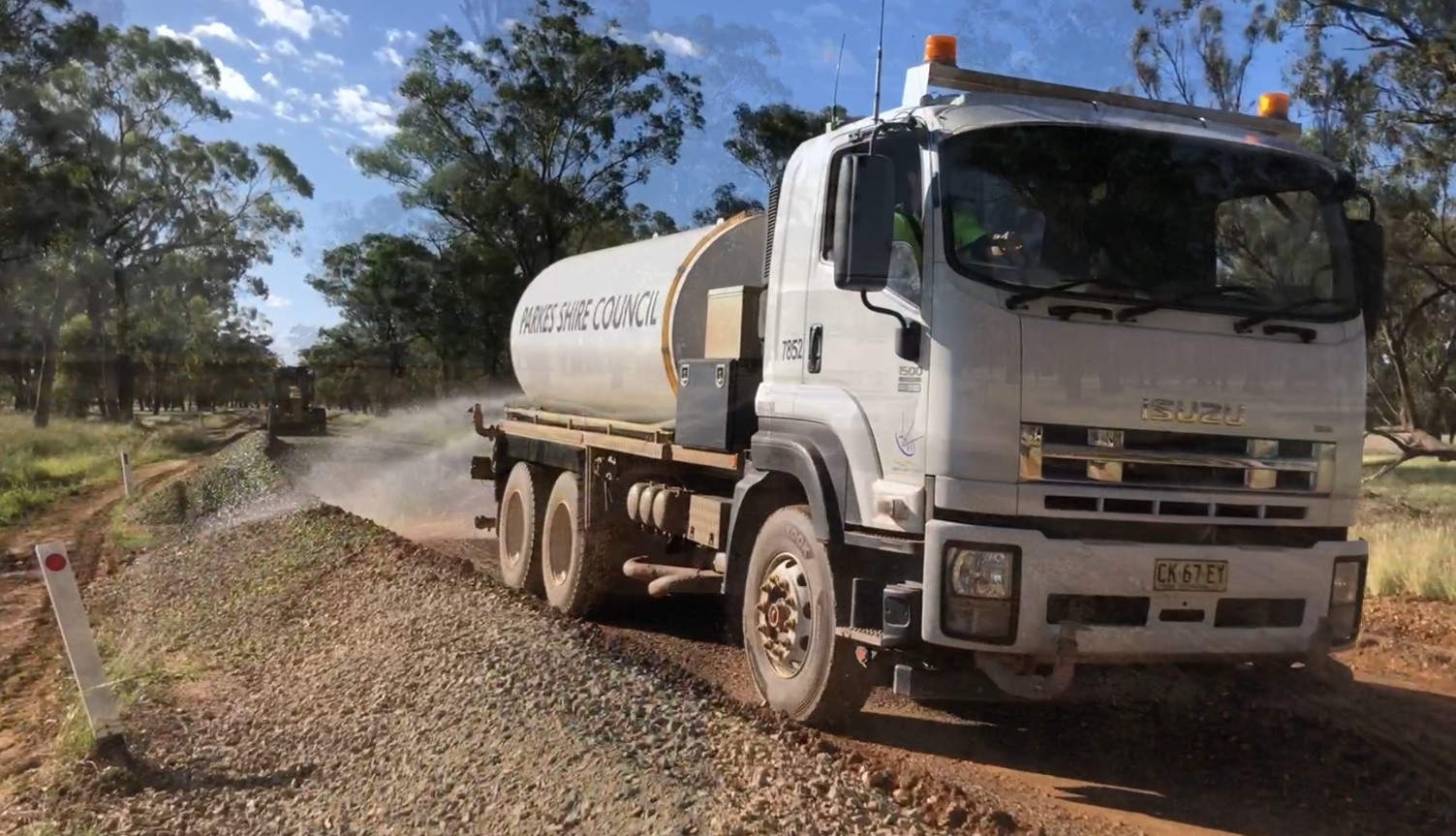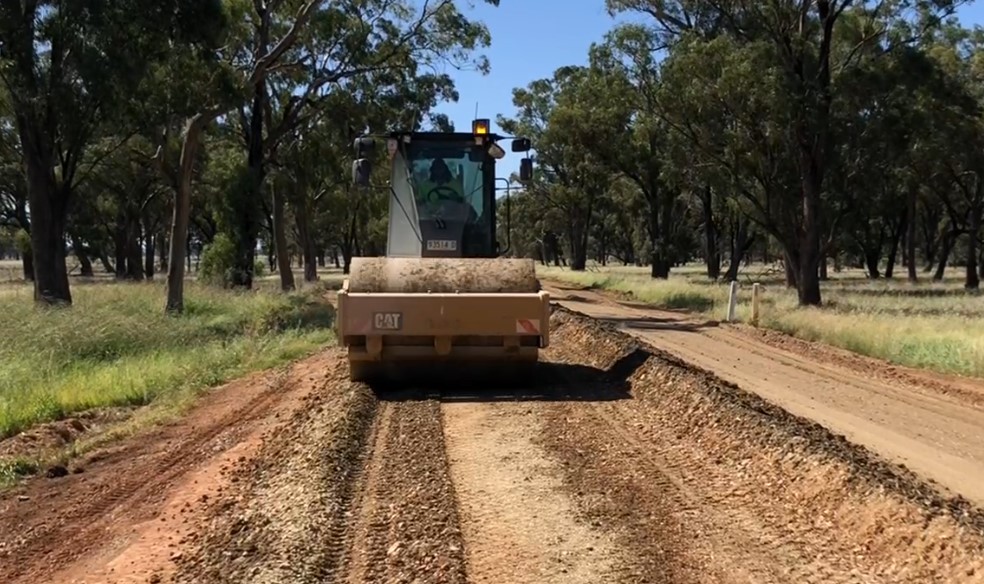Recently, I had the privilege of spending eight days at Parkes Shire Council in NSW, where we conducted one of the most comprehensive unsealed roads training courses to date.
During the training, we delved into various aspects of unsealed road maintenance, focusing on both medium and heavy grading techniques, including the use of Sandvik blades and different approaches to enhance the shoulder gravel retrieval process.
I would like to extend my gratitude to all the operators who participated in the training. Their involvement contributed significantly to the success of the program, and the feedback we received indicates a better understanding of best practices among the crews.
In response to the industry-wide shortage of skilled grader operators, the council took proactive steps during this training to providing grading activity training to internal staff members who are new to the process. This training involved hands-on instruction, with experienced operators guiding newcomers on blade positioning and operational procedures. I would like to thank the council’s long-term grader operators for their invaluable assistance in ensuring the success of this initiative.
Finally, council’s management processes are overseen by supervisors with extensive experience and expertise in delivering unsealed road works. However, we also recognize the challenges posed by the eventual retirement of these skilled individuals. Discussions were held regarding succession planning and the implementation of processes and systems to ensure continuity and proficiency in unsealed road maintenance operations for the future.
I would like to extend my thanks to Marisa Malherbe, Logan Hignett and the entire team at Parkes for their support and collaboration throughout the training course.
Below is a snippet video showcasing Parkes resheeting technique, plus some photos of the team during my time there.



